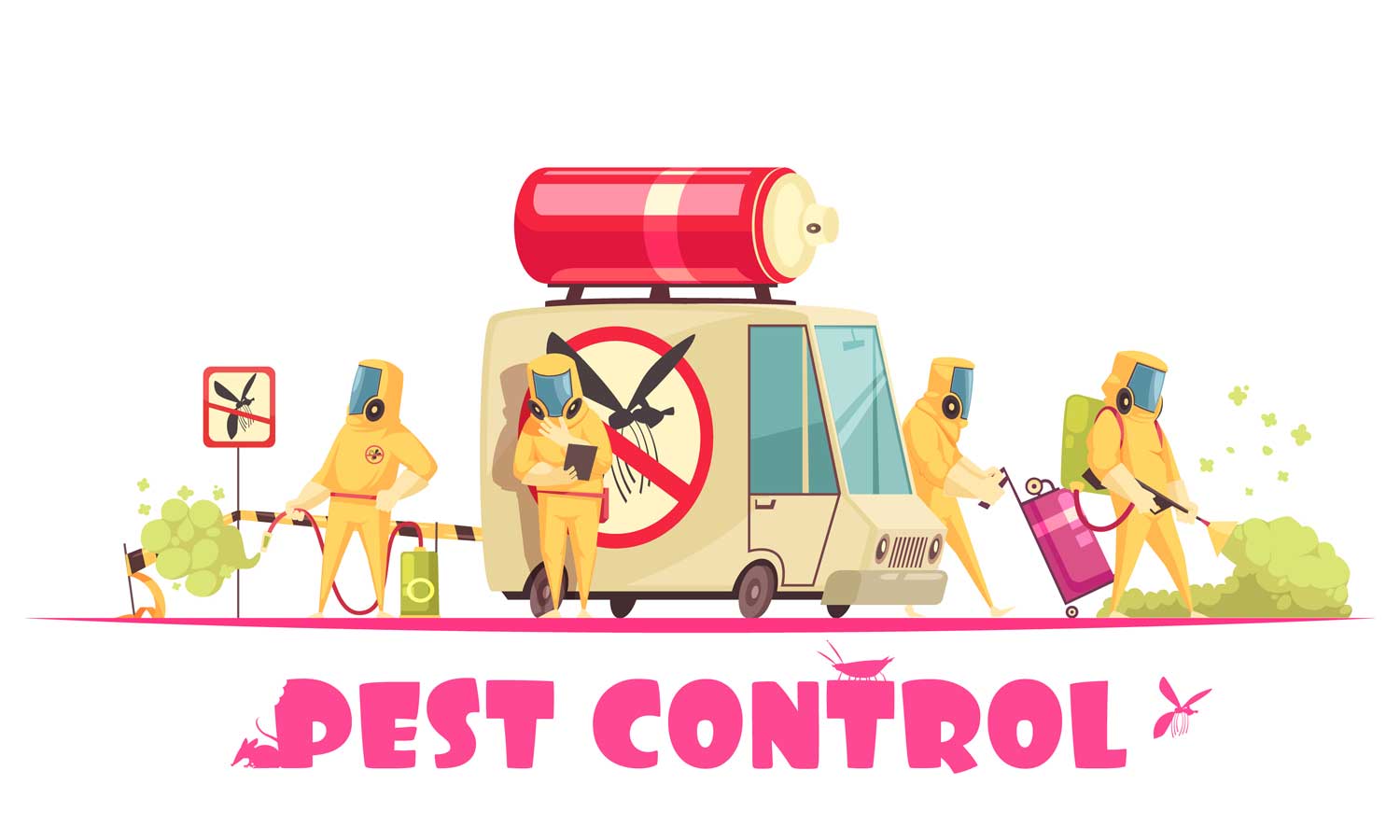Traceability tools are necessary for produce businesses since they allow companies to track their products along the supply chain. This helps with food safety, regulatory compliance, and supply chain management.
Traceability also allows companies to quickly and effectively recall contaminated or faulty products, protecting consumer health and reputation. Additionally, traceability can improve customer satisfaction by providing transparency in ethically-sourced products.
Solutions like https://usesilo.com/products/lot-tracking-traceability help produce businesses with lot tracking and traceability by eliminating the guesswork and increasing transparency while providing valuable performance metrics.
Today’s article will cover what you need to know about traceability, as well as how to find the best traceability tools.
What is Produce Traceability?
Produce traceability is the ability to track and trace the journey of fresh produce from farm to table.
This traceability system allows for greater transparency in the food supply chain, so that consumers can be confident in the safety and quality of the food they are eating. Additionally, produce traceability can help to identify and track any potential food safety issues that may arise.
How produce is traced depends on the level of the supply chain you’re operating on. Here’s how they differ:
- Growers need to maintain records of where their produce comes from, and when it was harvested
- Packagers and distributors need to keep track of where they receive produce from, and where they send it off to
- Retailers need to know where their produce comes from, and how long it has been in transit
- Consumers should be able to easily find out where their food was grown, and when it was harvested
Produce traceability is a complex issue, but it’s important for sourcing food and ensuring that it’s safe to consume.
5 factors to consider when selecting produce traceability tools
Multi-level tracking
When selecting a produce traceability tool, it’s important to consider whether it offers multi-level tracking. This means tracking individual products and their origins (such as farm and distributor) and movements throughout the supply chain.
Multi-level tracking can provide more comprehensive and accurate traceability, allowing for quicker and more effective responses to recalls and outbreaks. It can also provide more information for making strategic business decisions.
However, it’s important to note that not all traceability tools offer multi-level tracking capabilities, so this should be a key consideration in the selection process.
Automated data capture
When selecting produce traceability tools, it’s important to consider utilizing automated data capture. This can greatly improve the efficiency and accuracy of data entry and tracking.
Some examples of automated data capture include using RFID tags, barcodes, and sensors to track product information automatically as it moves through the supply chain.
Implementing these technologies can also provide better visibility and insight into the supply chain, enabling quicker responses to potential issues or recalls. Incorporating automated data capture into traceability efforts can lead to a more streamlined and successful tracking process.
Recall facilitation and automation
When selecting a produce traceability tool, it’s important to consider how the tool facilitates product recalls. Can the tool quickly and accurately track products throughout the supply chain in the event of a recall?
Additionally, automation capabilities can greatly improve efficiency and accuracy in tracing products. Look for a tool that offers automated data capture and reporting features.
By choosing a tool with these capabilities, recalls can be handled more efficiently and effectively. It’s also important to ensure that the tool complies with industry standards and regulations, such as the Produce Traceability Initiative (PTI).
Overall, selecting a produce traceability tool with strong recall facilitation and automation features can greatly improve supply chain management.
Granular quality-related information collection
Find out whether the produce traceability tools can collect granular quality-related information. This may include data on temperature control during storage and transportation, pesticide use, and other factors that can affect the quality of the produce.
Having this information readily accessible can greatly aid in addressing any potential quality issues and ensuring the safety of the produce for consumers.
It’s also important to consider how easily this information can be accessed and shared with stakeholders such as retailers, regulatory agencies, and customers.
Clear and efficient communication of quality-related data can help maintain trust in the brand and build a positive reputation in the industry.
When selecting a tool, thoroughly evaluate the capabilities and features of the available tools to determine if they meet your needs for granular quality-related information collection.
Don’t hesitate to ask questions and request demonstrations to ensure you make the best decision for your business.
Allergen management
When selecting produce traceability tools, it’s important to consider how the tool handles allergen management, as some consumers may be allergic to certain preservatives. This kind of tracking is crucial for ensuring food safety and compliance with regulatory standards, as well as meeting the needs of certain customers.
Look for a tool that allows you to track and label products that contain allergens and efficiently communicate allergen information to customers and suppliers. Taking the time to find a tool with strong allergen management capabilities can save you and your customers from potential risks and complications down the line.
Final thoughts
To conclude, traceability tools are essential for produce businesses because they help ensure food safety, compliance with regulations, and transparency in the supply chain. These tools also allow companies to quickly and efficiently track and trace products in the event of a recall.
In addition, traceability can improve operational efficiency and customer satisfaction. Implementing traceability systems can lead to a more successful and sustainable produce business.









